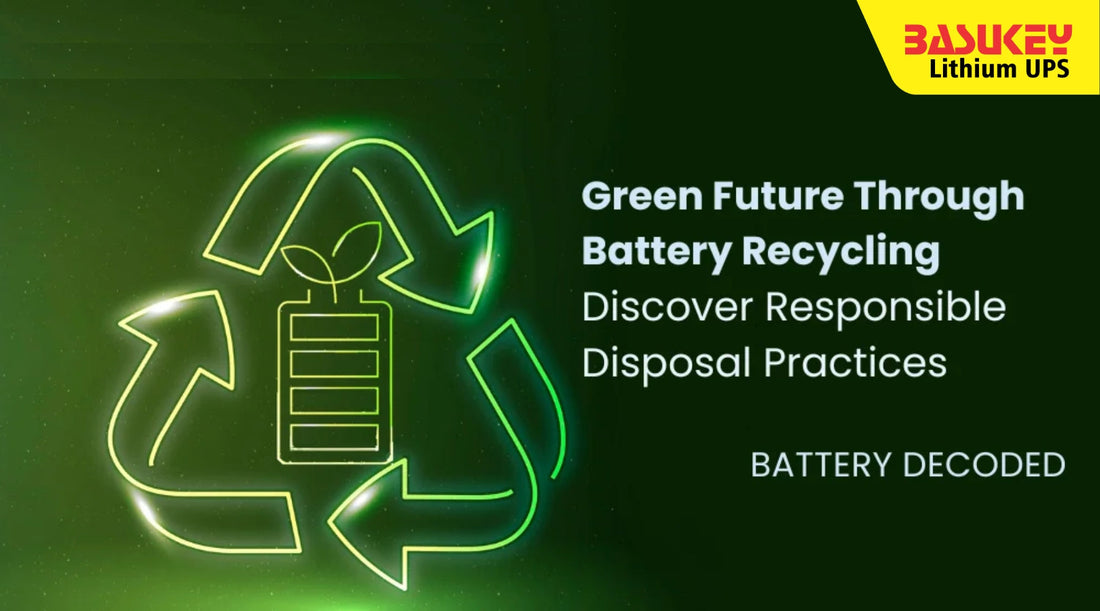
From Waste to Worth: How Lithium UPS Reduces Environmental Impact
Share
As the world becomes more conscious of the environmental impact of technology, industries are seeking innovative solutions to reduce waste and minimize their carbon footprint. One such solution that is gaining traction is the use of Lithium Uninterruptible Power Supply (UPS) systems.
What is a Lithium UPS?
A Lithium UPS is a type of uninterruptible power supply that utilizes lithium-ion batteries instead of traditional lead-acid batteries. These batteries are known for their high energy density, longer lifespan, and faster charging capabilities compared to lead-acid batteries.
How Does it Reduce Environmental Impact?
By replacing lead-acid batteries with lithium-ion batteries, Lithium UPS systems offer several environmental benefits. Firstly, lithium-ion batteries are more energy-efficient, which means they require less energy to charge and operate. This results in lower energy consumption and reduced greenhouse gas emissions.
Additionally, lithium-ion batteries have a longer lifespan and can be recycled more easily than lead-acid batteries. This means fewer batteries end up in landfills, reducing the environmental impact of battery disposal.
What are the Advantages of Lithium UPS?
Compared to traditional UPS systems, Lithium UPS offers several advantages beyond environmental benefits. These include a smaller footprint, lighter weight, and higher energy efficiency. The longer lifespan of lithium-ion batteries also translates to lower total cost of ownership over the life of the UPS system.
Conclusion
As industries continue to prioritize sustainability and environmental responsibility, the adoption of Lithium UPS systems is a step in the right direction. By transforming waste into value and reducing environmental impact, these innovative systems are not only beneficial for businesses but also for the planet as a whole.
